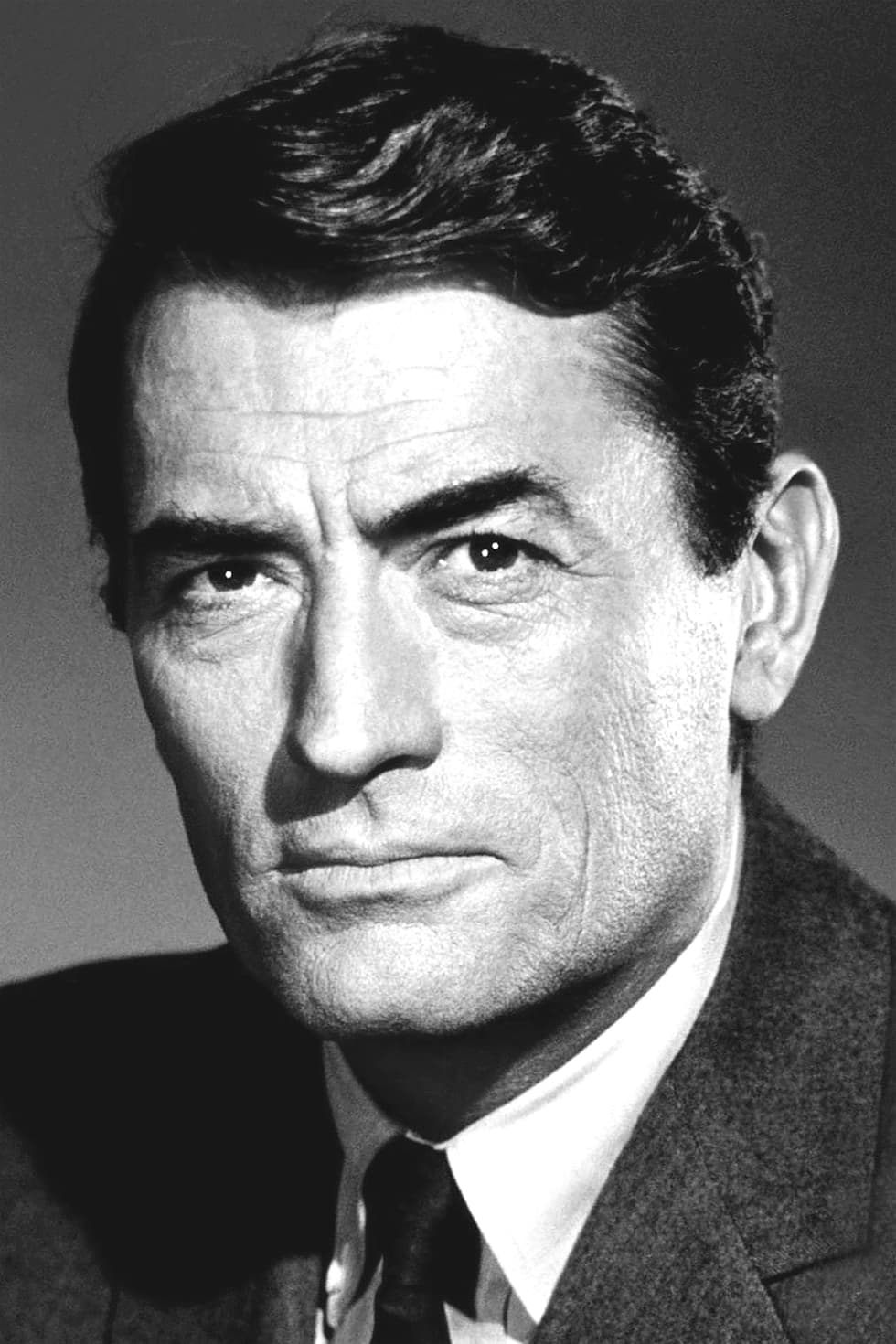
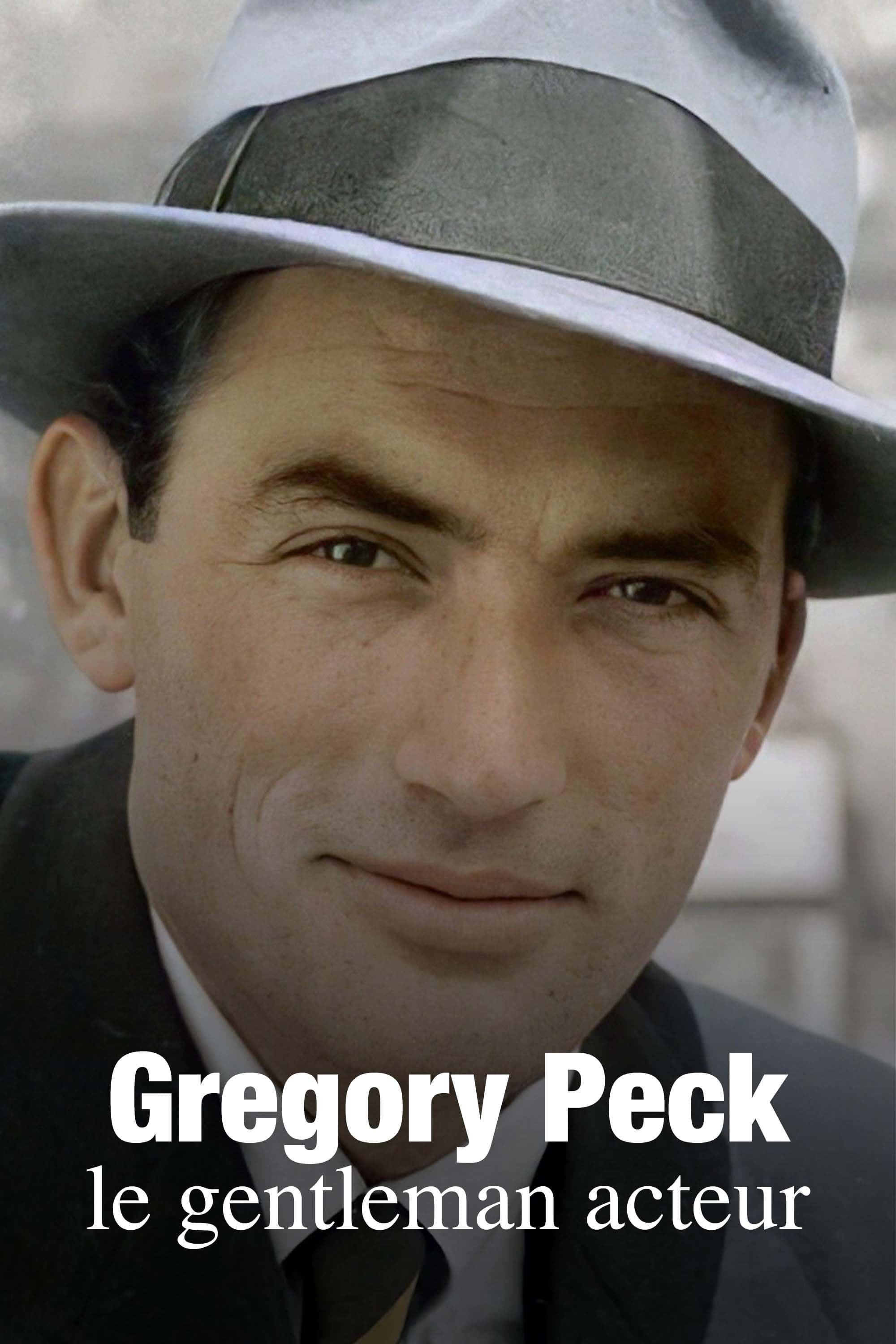
A legend of the Hollywood Golden Age, Gregory Peck (1916-2003) had an exemplary career, working under some of the greatest directors: Alfred Hitchcock, Elia Kazan, Raoul Walsh, Vincente Minnelli... Portrait of an actor with irresistible charm and strong political commitments.

A 60th anniversary retrospective documentary on the influence and context of the 1962 film, To Kill a Mockingbird.
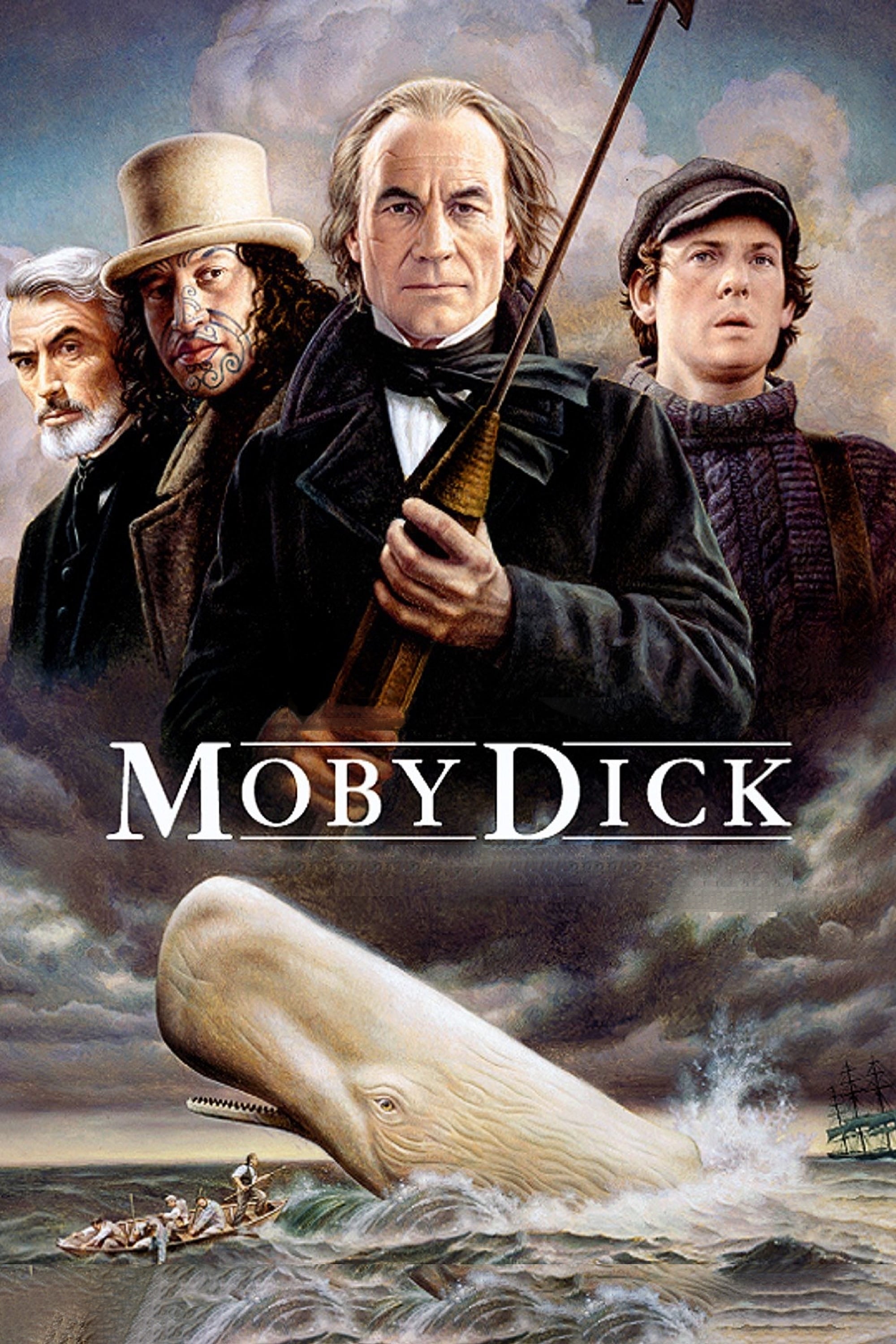
The sole survivor of a lost whaling ship relates the tale of his captain's self-destructive obsession to hunt the white whale, Moby Dick.
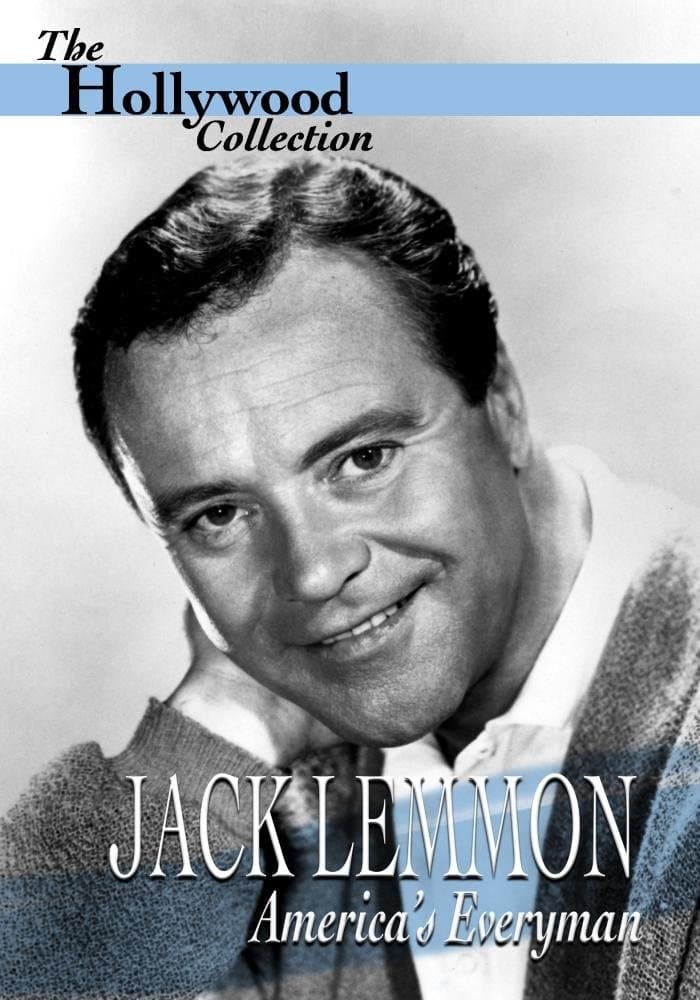
Jack Lemmon made over 60 films and received numerous awards, including eight Academy Award Nominations and two Oscars. Later in life, his achievement was enriched by new challenges in which he exposed the vulnerability and emotion of the later years as few had dared. He reveled in his ongoing screen partnerships with directors like Billy Wilder and stars like Walter Matthau. Narrated on-camera by Jack Lemmon, this documentary includes interviews with Lemmon's son, the actor Chris Lemmon. Also appearing are such legends as Jack's life-long friend, the writer and director Billy Wilder, writer-director Garson Kanin, drama teacher Uta Hagen and actor Gregory Peck.
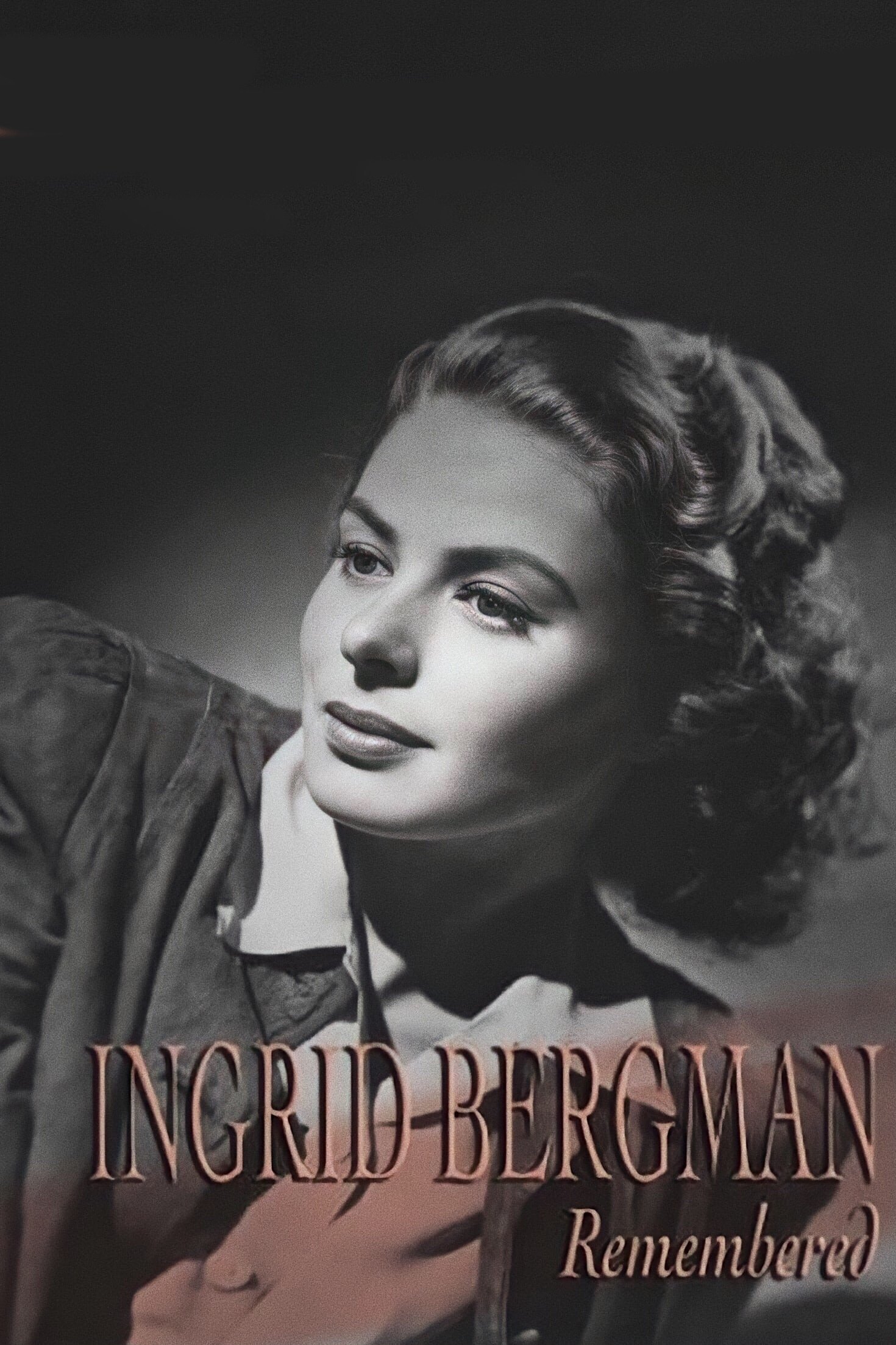
Her name conjures up beauty, grace, talent and style. One of the greatest actresses of her time, she is best remembered for a natural and vulnerable persona which was so genuine and alluring. Her cinematic contributions produced such classics as "Casablanca," "Gaslight" and "Anastasia." But Ingrid's story goes deeper than the triumphs of her movie career.
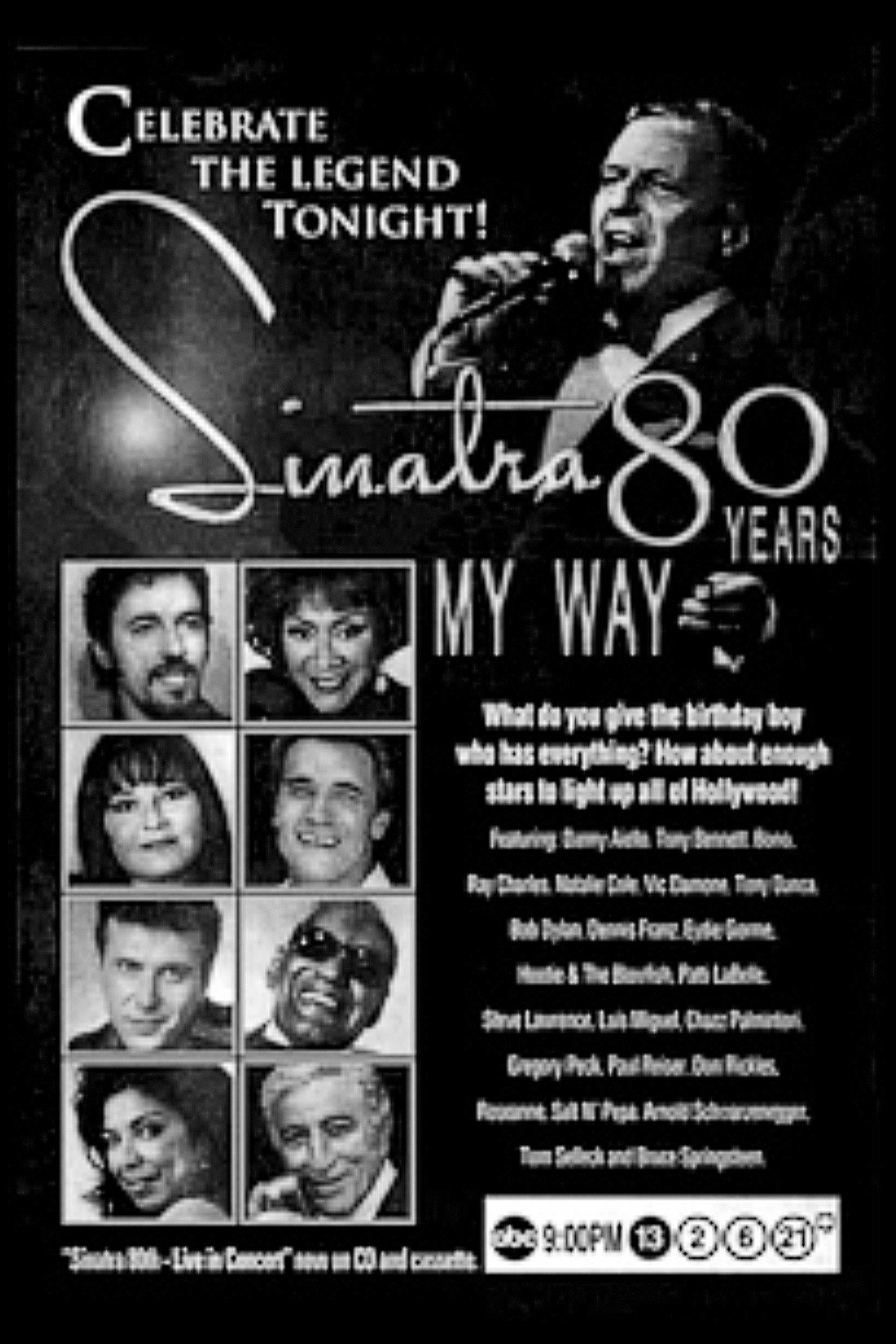
'Ol' Blue Eyes' eightieth birthday celebration; star-studded entertainment, tributes by a diverse company of guests, songs closely associated with Sinatra sung by vocalists and groups from the early days of rock and roll to the 90's. A living legend toasted by legends of the music world and of Hollywood.
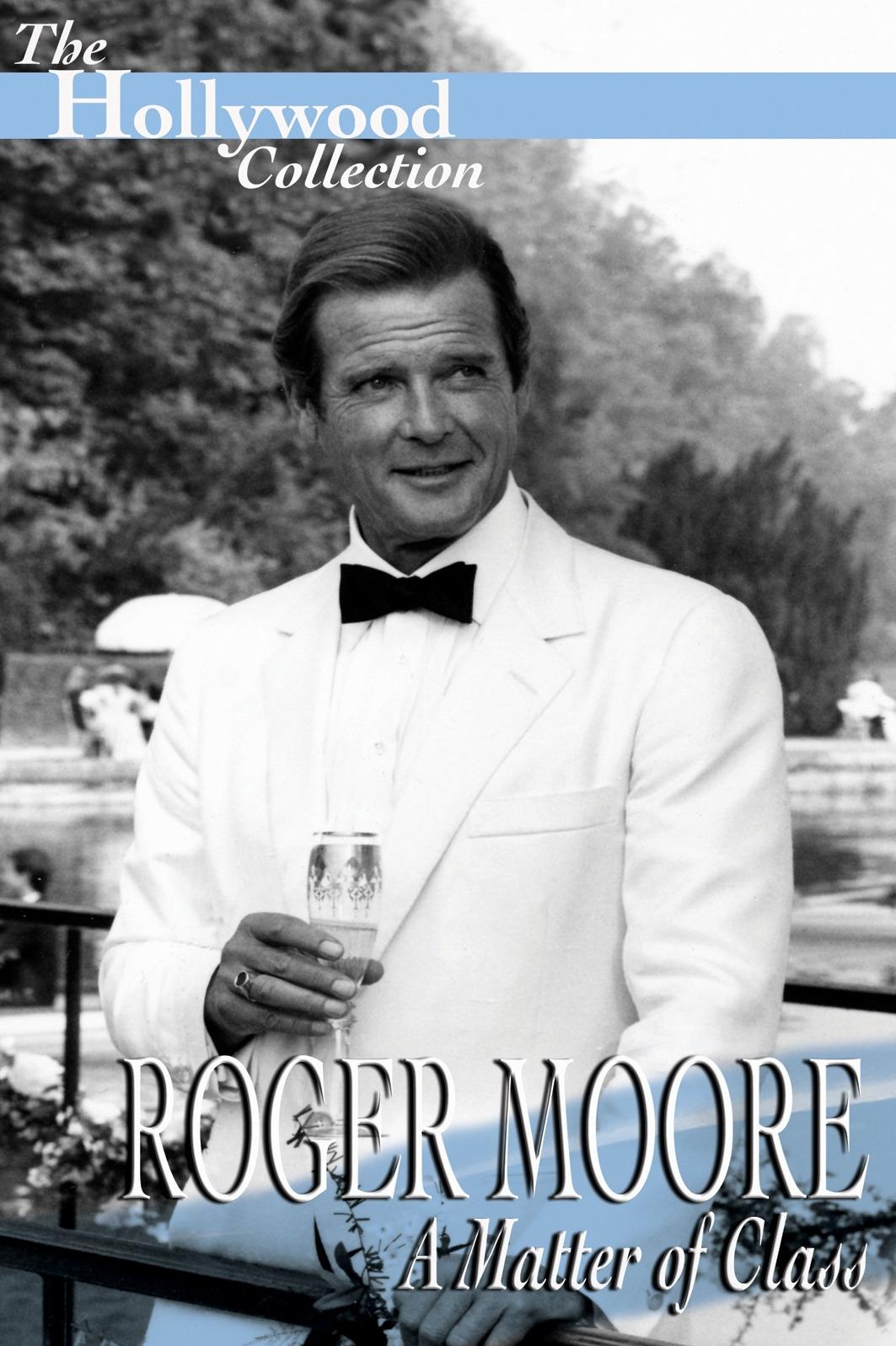
The story of actor Roger Moore, including clips from his movies, television shows and interviews with the actor, his family and acquaintances.
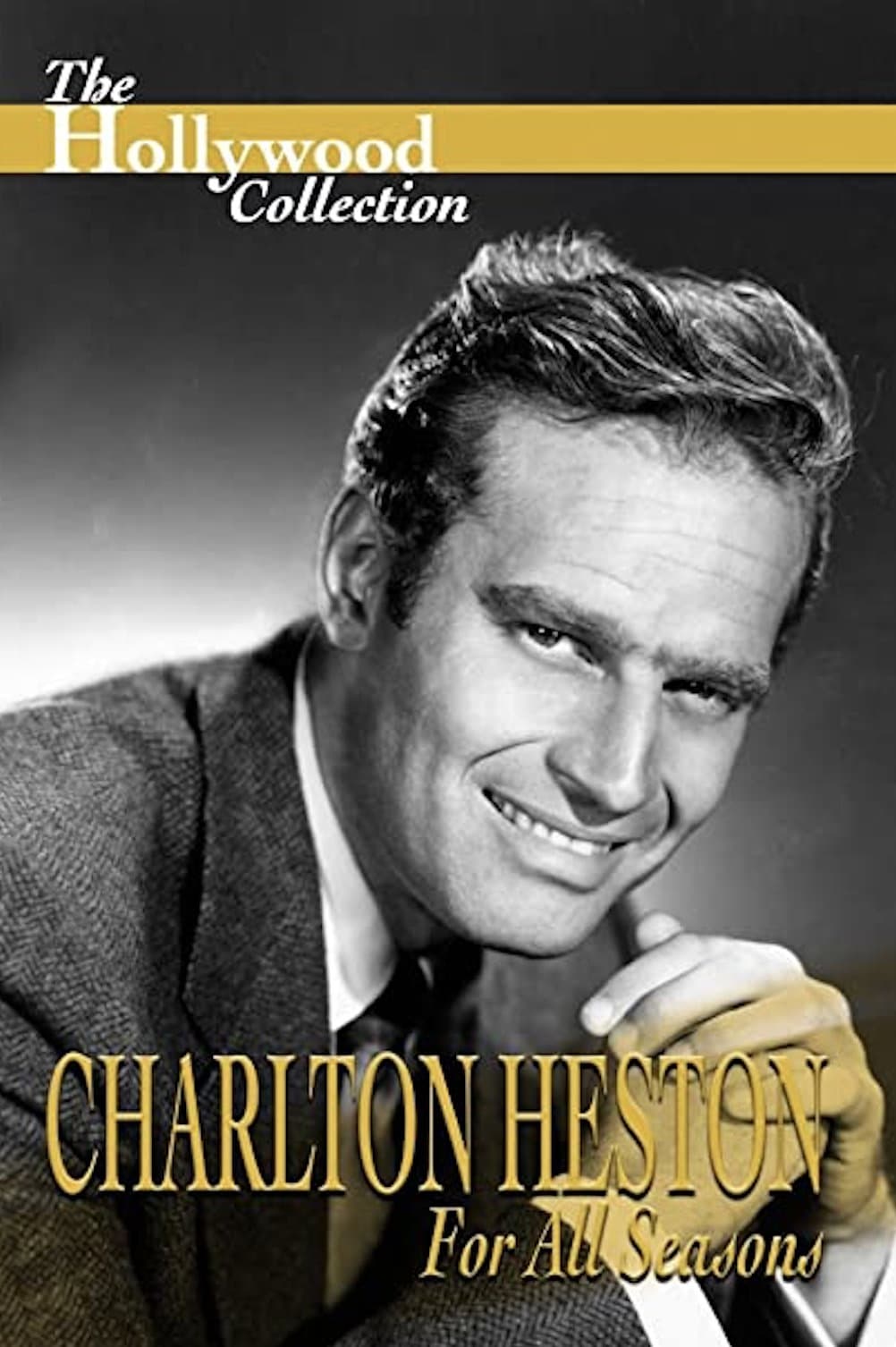
The life and times of actor and NRA activist Charlton Heston.
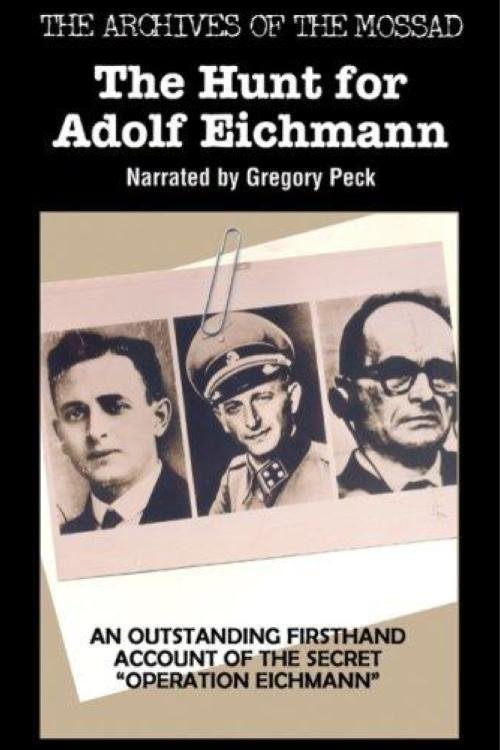
A documentary detailing the hunt for fugitive Nazi Adolf Eichmann. Narrated by Gregory Peck, the film details Eichmann's upbringing, what he did under Hitler's Regime and how he was brought to justice.
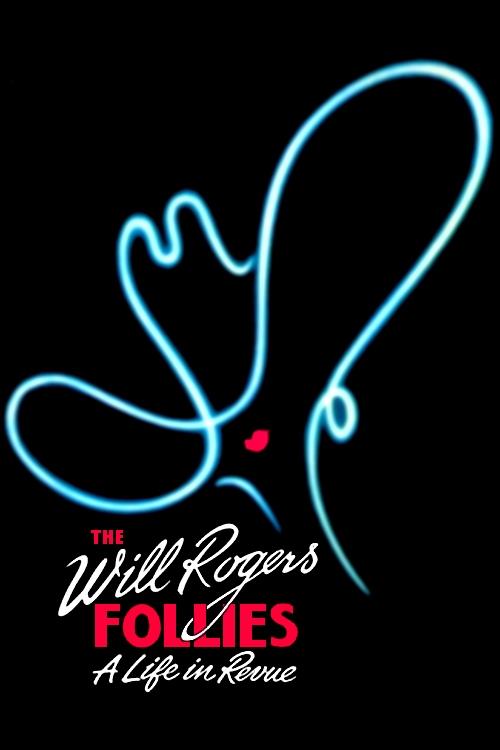
The Will Rogers Follies is a musical with a book by Peter Stone, lyrics by Betty Comden and Adolph Green, and music by Cy Coleman. It focuses on the life and career of famed humorist and performer Will Rogers, using as a backdrop the Ziegfeld Follies, which he often headlined, and describes every episode in his life in the form of a big production number. The Rogers character also performs rope tricks in between scenes. The revue contains snippets of Rogers' famous homespun style of wisdom and common sense and tries to convey the personality of this quintessentially American figure whose most famous quote was "I never met a man I didn't like."
Eldred Gregory Peck (April 5, 1916 – June 12, 2003) was an American actor and one of the most popular film stars from the 1940s to the 1970s. In 1999, the American Film Institute named Peck the 12th-greatest male star of Classic Hollywood Cinema. After studying at the Neighborhood Playhouse with Sanford Meisner, Peck began appearing in stage productions, acting in over 50 plays and three Broadway productions. He first gained critical success in The Keys of the Kingdom (1944), a John M. Stahl–directed drama which earned him his first Academy Award nomination. He starred in a series of successful films, including romantic-drama The Valley of Decision (1944), Alfred Hitchcock's Spellbound (1945), and family film The Yearling (1946). He encountered lukewarm commercial reviews at the end of the 1940s, his performances including The Paradine Case (1947) and The Great Sinner (1948). Peck reached global recognition in the 1950s and 1960s, appearing back-to-back in the book-to-film adaptation of Captain Horatio Hornblower (1951) and biblical drama David and Bathsheba (1951). He starred alongside Ava Gardner in The Snows of Kilimanjaro (1952) and Audrey Hepburn in Roman Holiday (1953), which earned Peck a Golden Globe award. Other notable films in which he appeared include Moby Dick (1956, and its 1998 mini-series), The Guns of Navarone (1961), Cape Fear (1962, and its 1991 remake), The Omen (1976), and The Boys from Brazil (1978). Throughout his career, he often portrayed protagonists with "fiber" within a moral setting. Gentleman's Agreement (1947) centered on topics of antisemitism, while Peck's character in Twelve O'Clock High (1949) dealt with post-traumatic stress disorder during World War II. He won the Academy Award for Best Actor for his performance as Atticus Finch in To Kill a Mockingbird (1962), an adaptation of the modern classic of the same name which revolved around racial inequality, for which he received universal acclaim. In 1983, he starred opposite Christopher Plummer in The Scarlet and The Black as Hugh O'Flaherty, a Catholic priest who saved thousands of escaped Allied POWs and Jewish people in Rome during the Second World War. Peck was also active in politics, challenging the House Un-American Activities Committee in 1947 and was regarded as a political opponent by President Richard Nixon. President Lyndon B. Johnson honored Peck with the Presidential Medal of Freedom in 1969 for his lifetime humanitarian efforts. Peck died in his sleep from bronchopneumonia at the age of 87.
By browsing this website, you accept our cookies policy.